If a Tree Falls: The Mozambican Forest at Risk – Mike & Sam Goldwater (2010)
“If a Tree Falls: The Mozambican forest at risk” is a documentary film produced and directed by Mike and Sam Goldwater. The project was commissioned by IIED – the International Institute for Environment and Development exploring the validity and application of the United Nations Collaborative Program on Reducing Emissions from Deforestation and Forest Degradation in Developing Countries abbreviated as REDD. The documentary was shot in the Northern Mozambican province of Nampula. The film portrays an example for the tragedy of […]

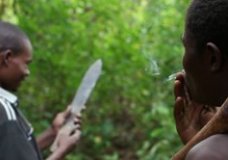
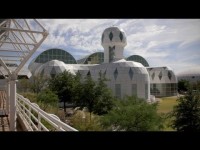
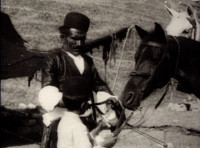
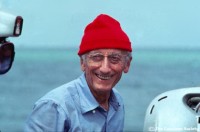
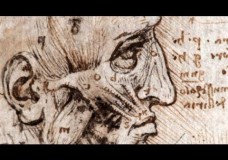
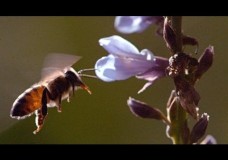
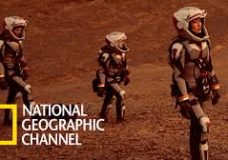
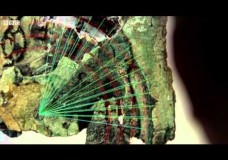
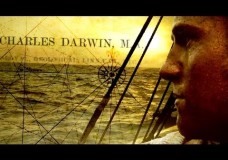
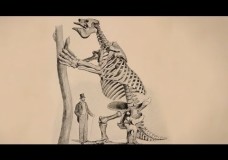
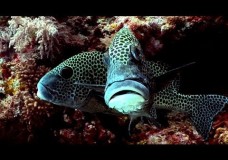
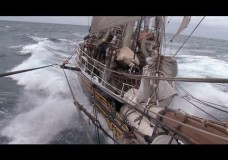
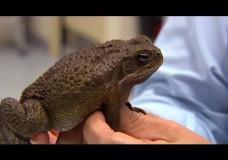



Recent Comments